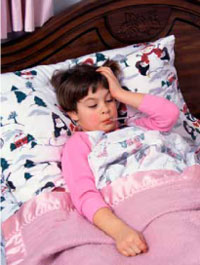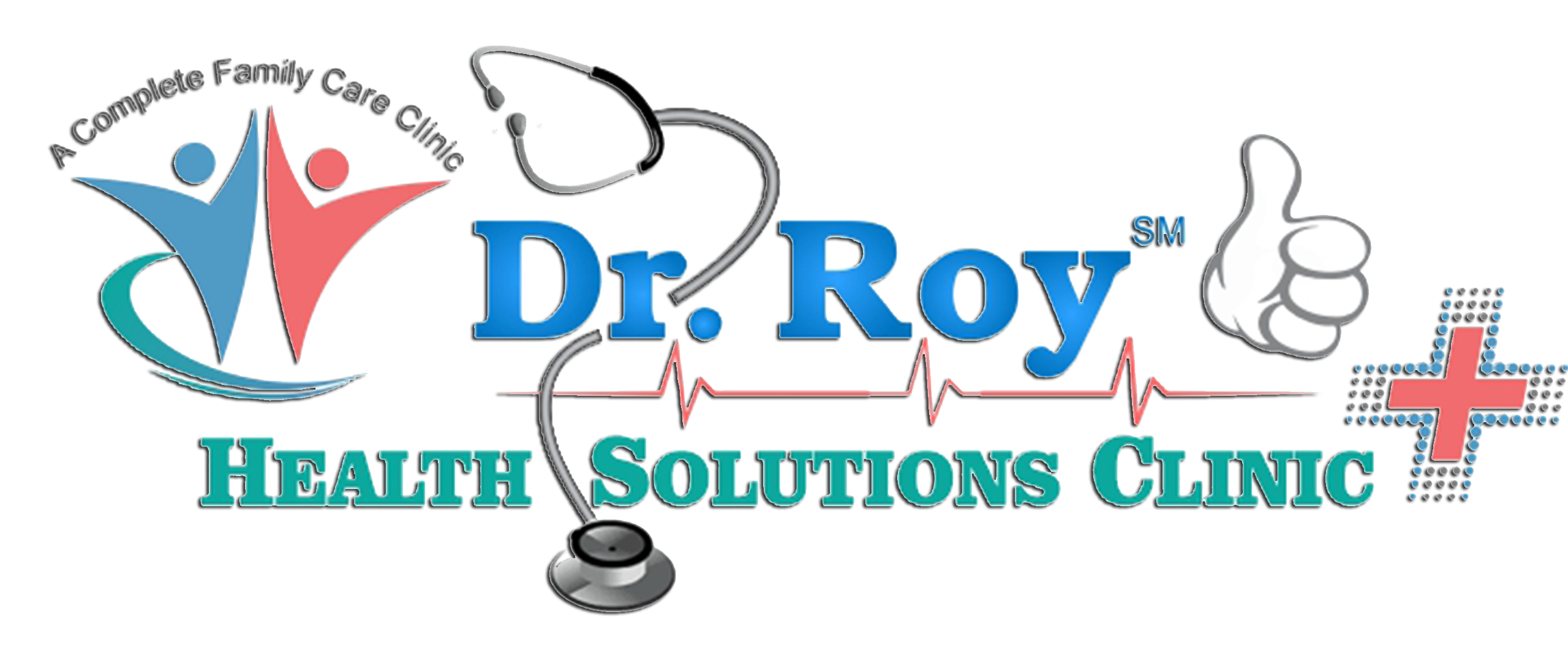The novel H1N1 flu virus (sometimes called “swine flu”) created headlines around the world. As with the regular, seasonal flu, people with allergies and asthma should take prevention measures to avoid getting sick.
The vaccine for the seasonal flu/ H1N1 is among the best prevention tool available to prevent complications from the flu. However, Individuals with egg allergy may be at risk for an allergic reaction to H1N1 and seasonal influenza vaccines due to the egg content in the vaccine preparations. Before getting vaccinated, consult with your health care provider.
The novel H1N1 flu virus (sometimes called “swine flu”) is creating headlines around the world. With each passing day, medical experts and the public are learning more about this virus – how it behaves and how to treat it.
As with the regular, seasonal flu, people with allergies and asthma should take prevention measures to avoid getting sick.
EFFECT OF ASTHMA
A recent report from the Centers for Disease Control and Prevention (CDC) found that the majority of pediatric deaths from H1N1 occurred in children with an underlying medical condition–in some cases asthma.
Children and adults with respiratory conditions such as asthma are more likely to experience serious health problems if they contract the flu. The American Academy of Allergy, Asthma & Immunology (AAAAI) urges all patients with asthma to get the flu/H1N1 vaccine.
IS IT AN ALLERGY OR IS IT THE FLU?
Novel H1N1 and the seasonal flu are not the same, but have similar symptoms. Some allergy symptoms may also be confused for flu symptoms. For parents of children with asthma or allergies, telling the difference between allergic disease symptoms and the seasonal flu or H1N1 may be a bit difficult.
“Itchy eyes, a scratchy nose or sneezing are symptoms of allergies,” explains Thomas B. Casale, MD, FAAAAI. “But if your child suffers from asthma and develops a fever or nausea and vomiting, consult your physician.”
Here’s how to tell if you are suffering from allergies or something more severe
Allergy symptoms
-
Runny nose
-
Sneezing
-
Stuffiness
-
Itchy, watery eyes
-
Itchiness in the nose, mouth or throat
Flu symptoms
- Runny nose
- Coughing
- Sore throat
- Tiredness
- Lack of appetite
- Fever
- Nausea or vomiting
- Diarrhea
FOOD ALLERGIES AND VACCINES
Vaccinations for both the seasonal flu and H1N1 are among the best prevention tools available to prevent complications from the flu. But what if you are allergic to a substance in the vaccines?
“Individuals with egg allergy may be at risk for an allergic reaction to H1N1 and seasonal influenza vaccines due to the egg content in the vaccine preparations,” reports Dr. Casale. “Before getting vaccinated, review the information posted on www.aaaai.org and consult with your health care provider. In most cases, vaccination can be tolerated if done according to these recommendations.”
IF YOU DO GET SICK
The Centers for Disease Control and Prevention recommends that people with flu-like symptoms stay home for at least 24 hours after they are free of fever.
If you experience severe symptoms, including difficulty breathing, chest pain/pressure, dizziness or persistent vomiting, seek emergency medical care.


